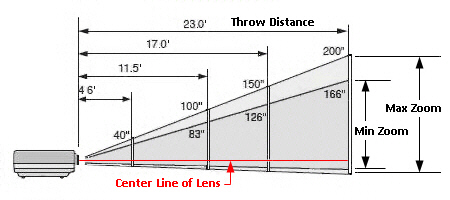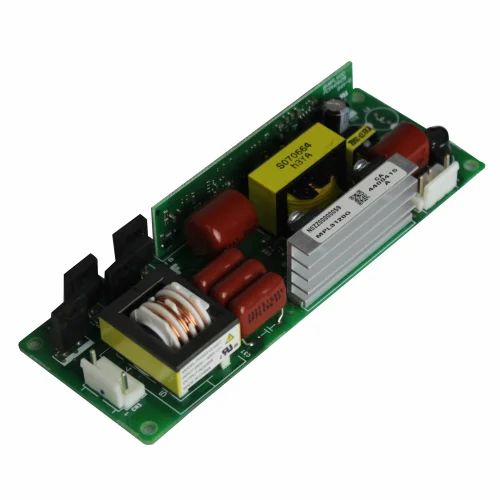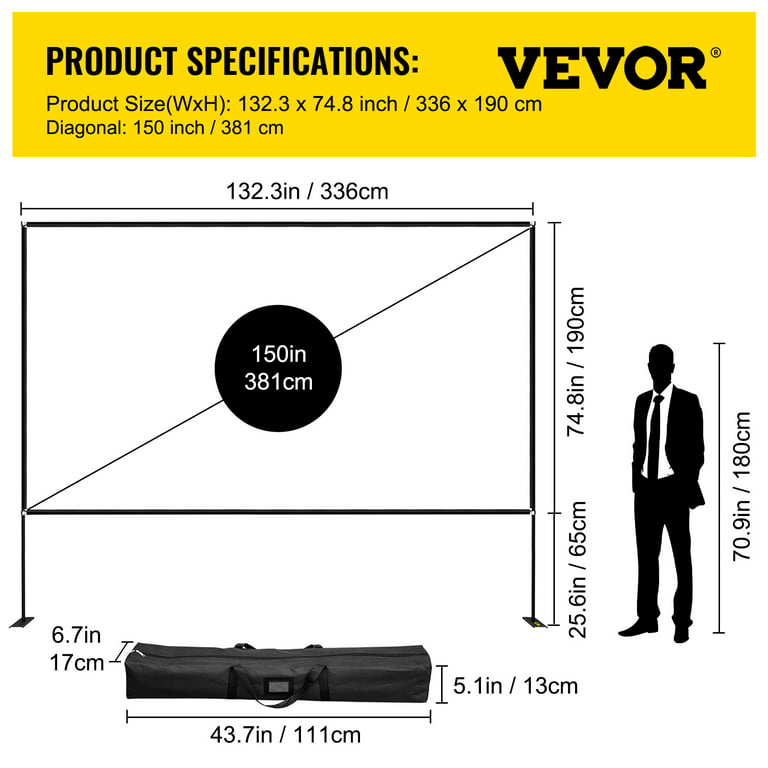Exploring the Intricacies of a Fully Integrated Dishwasher
Introduction
In today's fast-paced world, modern kitchen appliances have become more of a necessity than a luxury. Among these appliances, dishwashers are a real boon, cutting down on manual labor and making the day-to-day tasks simpler and more efficient. This article takes an in-depth look into one particular type of dishwasher—the fully integrated dishwasher. We will explore its workings, understand its advantages, compare it with other types, and provide a guideline on choosing one that fits your requirements.
What Is a Fully Integrated Dishwasher?
A fully integrated dishwasher, often a key piece of many modern kitchens, is a model that impeccably aligns and blends with your kitchen cabinetry. The features and functionality it offers are as follows:
- Design: Its design appears as an additional cabinet when the door is shut as the controls hideaway within the top edge of the door, delivering an aesthetic that ensures consistency with your kitchen’s design theme.
- Functionality: Beyond looks, these models are advanced in terms of technology. They offer an array of features like sensor washes that detect the level of dirt on your dishes and adjust their cleaning accordingly, and noise reduction systems that ensure a quiet operation.
- High Quality Washing: Coupled with their advanced systems, fully integrated dishwashers deliver an efficient, high-quality washing experience ensuring sparkling clean dishes.
- Seamless Integration: The biggest advantage of fully integrated dishwashers is their seamless integration into any kitchen decor, enhancing the overall kitchen aesthetic.
This simplified blend of style and functionality makes a fully integrated dishwasher a sought-after kitchen appliance.
Why Opt for a Fully Integrated Dishwasher?
Fully integrated dishwashers come with a multitude of perks, adeptly combining aesthetic appeal with advanced technology and practical functionality. Here are the primary reasons why you should consider opting for a fully integrated dishwasher:
1. Design Flexibility: A distinct advantage of fully integrated dishwashers is their potential to seamlessly blend into any kitchen design. Unlike other dishwasher types that stand apart, a fully integrated dishwasher becomes a part of your cabinetry, effectively maintaining an uninterrupted kitchen aesthetic.
2. Advanced Technology: These dishwashers are equipped with cutting-edge technology that offers tailored washing based on your requirements. Features like sensor wash, auto programs, and customizable settings add to their appeal.
3. High Performance: If performance is a priority, fully integrated dishwashers do not disappoint. They offer diverse washing cycles to meet various needs, whether a quick rinse or an intense deep-clean. Despite the high-end performance, these dishwashers operate in near silence, promoting a peaceful kitchen environment.
4. Time and Energy Efficient: Save your time and effort by evading the tedious task of manually washing dishes. Moreover, fully integrated dishwashers are known for their eco-friendly nature. They are designed to utilize water and energy judiciously, assisting in the overall reduction of utility bills.
In essence, the fully integrated dishwasher brings a balance of aesthetics, functionality, and sustainability. It's a worthwhile investment, particularly for those aiming for a sleek, modern kitchen while appreciating efficiency and environmental consciousness. However, to ensure complete satisfaction, it’s essential to consider key factors such as size, performance ratings, noise levels, energy efficiency, specific features, and, of course, your budget while selecting the perfect model. The aim is not just to make a purchase, but to invest wisely, making each penny count towards an appliance which will serve you well in the long run.
How Does a Fully Integrated Dishwasher Function?
Understanding how a fully integrated dishwasher operates is essential for effectively utilizing its features and maintaining its longevity. The working intricacies can be broken down into distinct steps:
1. Loading the Dishwasher: The initial step involves meticulously loading your dirty dishes into the provided racks. Remember to use dishwasher-safe detergent for an effective wash.
2. Water Intake: Post loading, the dishwasher draws water from its connected source. The quantity of water generally depends on the selected washing cycle and number of dishes.
3. Heating the Water: The dishwasher then heats the water to the required temperature. This heating function is crucial since warmer water makes it easier to remove food residues and stains from your dishes.
4. Spraying Water: The heated water is sprayed out through several jets onto the dishes. The even distribution and pressure ensure that every dish gets cleaned thoroughly.
5. Draining the Dirty Water: After all the dishes have been washed, the dirty water gets drained out of the dishwasher.
6. Drying the Dishes: The final step comprises drying the dishes. Depending on the dishwasher model, this could be accomplished by either the heat drying method or the process of evaporation.
These steps collectively give a brief understanding of the complex functionality of a fully integrated dishwasher. Remember, how you operate your dishwasher can greatly impact its performance and lifespan. Proper understanding and usage can not only optimize its efficiency but significantly prolong its service time.
Fully Integrated Dishwasher Vs Other Types: What's the Difference?
Unpacking the distinguishable features and differences between fully integrated dishwashers and their counterparts can seem complex. Here's a simplified breakdown to help you understand the dissimilarities better:
1. Design and Placement: The most apparent difference lies in their design and position. Fully integrated dishwashers blend cohesively with your kitchen cabinetry, providing a streamlined look. Contrarily, freestanding or semi-integrated dishwashers lack this seamless integration.
2. Control Panel: Fully integrated dishwashers have their control panels concealed on the upper interior edge of the door, maintaining a clean, uncluttered outlook. Whereas, other types usually have their control panels exhibited on the front.
3. Features and Functionality: On an overall scale, fully integrated dishwashers are often furnished with more prestigious features and a wider variety of washing cycles compared to their counterparts.
In a nutshell, selecting between a fully integrated dishwasher or its alternatives primarily hinges on your aesthetic preference, available kitchen space, required features, and budget. However, remember that regardless of the type you choose, all dishwashers aim to simplify your life by taking over the mundane chore of washing the dishes. Armed with this knowledge, deciding on a dishwasher that meets your specific needs will undoubtedly be a less uphill task.
What Factors Should Be Considered When Choosing a Fully Integrated Dishwasher?
Selecting the perfect fully integrated dishwasher should not be an overwhelming process. Here are the main points to look at when making an informed decision:
- Size and Capacity: The dimensions and overall capacity of the dishwasher are essential. It needs to fit seamlessly into your kitchen layout and also manage to cater to your regular dish load.
- Performance: The dishwasher's effectiveness is crucial. Look into the ratings for cleaning and drying efficiency. It would help if you opt for an option that delivers brilliant results with every wash cycle.
- Noise Level: If your living area and kitchen share the same space, you should take the noise level of the dishwasher into consideration. You wouldn't want a dishwasher that hammers your peace, so the quieter, the better.
- Energy Efficiency: With everyone striving to lead a more sustainable lifestyle, choosing an energy and water-efficient dishwasher model could be a significant contribution. Models with high energy-efficiency are not only eco-friendly but also help cut down on utility bills.
- Salient features: Keep an eye out for additional features you may find useful such as adjustable racks, delay start, child lock, and others.
- Brand reputation and Price: Lastly, your selection should balance affordability and quality. Whereas it would help if you stay within your budget, ensure you are investing in a reliable brand that offers dependable after-sales service and a reasonable warranty duration.
By focusing on the facets listed above, you can make an informed decision and ultimately choose a dishwasher that suits your particular needs the best. Remember, a dishwasher is a lasting investment – it pays to take your time and choose wisely!

Conclusion
To sum up, a fully integrated dishwasher is an excellent add-on for a modern, efficient kitchen. With its sleek design and advanced features, it not only enhances the kitchen aesthetics but also makes dishwashing a breeze. Remember to consider the key factors discussed when choosing your perfect model!
Related FAQs about what is a fully integrated dishwasher
How is a fully integrated dishwasher different from a semi-integrated dishwasher?
Fully integrated dishwashers blend with your kitchen cabinetry, providing an uninterrupted aesthetic, as controls are hidden away. On the other hand, semi-integrated dishwashers have their controls visible on the front, slightly interrupting the seamless visual of your kitchen.

What are the main advantages of fully integrated dishwashers?
Fully integrated dishwashers offer seamless integration with cabinet design, advanced washing technology, high performance, silent operation, and energy and water efficiency. Their aesthetic appeal combined with cutting-edge features makes them a valuable investment for modern kitchens.
What factors should I consider while buying a fully integrated dishwasher?
When buying a fully integrated dishwasher, consider its size and capacity, performance rating, noise level, energy efficiency, specific features, and the reputation of the brand. Striking a balance between affordability and quality is also essential.







